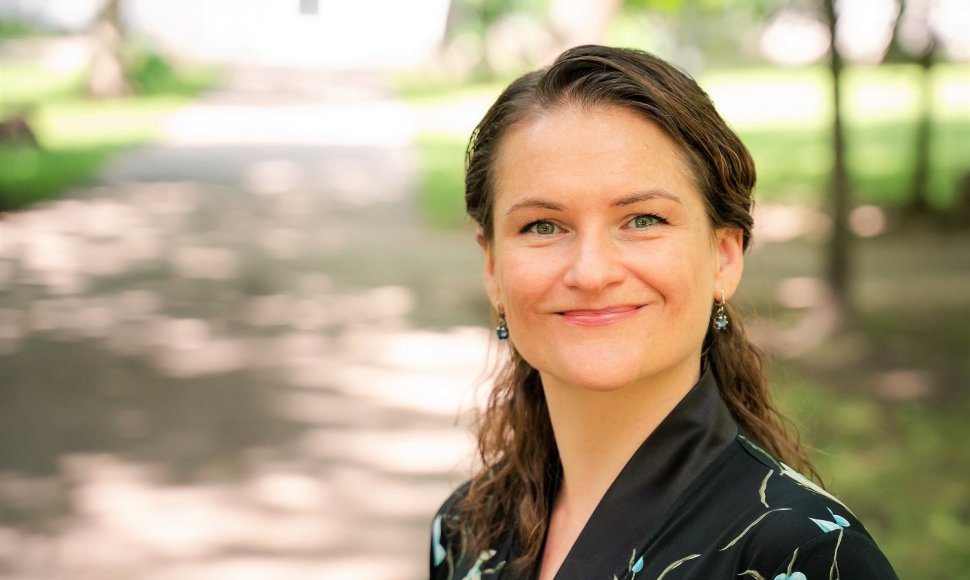According to Viktorija Bražiūnaitė, Director of the LISBA, the legal regulation of social enterprises in Lithuania is only starting to gain shape. The Lithuanian laws lack a clear definition of social business, definite regulatory mechanisms and distinct support measures for the development of the social business as a separate sector. “Over 2 million social enterprises are operating in the member states of the European Union, and this comprises as many as 10% of all EU companies. More than 6% of all EU employees are employed in companies categorized as social enterprises. The main goal of social business is to strengthen the society and to enable it to solve the problems relevant to the community and society on its own,” says Viktorija Bražiūnaitė, Director of the LISBA.
The Director of LISBA claims that positive examples can be found all over the world. “For example, over eleven thousand companies are engaged in social business in Quebec (a Vilnius-sized city). These companies employ 220 thousand employees and 90 thousand volunteers. Their total revenue reach 48 billion Canadian dollars! Imagine what huge potential this is,” says Viktorija Bražiūnaitė.
Association’s proposals to the Government:
- To introduce the concept of social business in the legal norms of Lithuania. We suggest starting discussions with the interested parties regarding the possible definition of the concept of social enterprise in the Law on Small and Medium-Sized Businesses. This would allow to create a basis for the legal regulation of this sector and to set forth its promotion plan which would serve in developing a harmonious and universally acceptable social enterprise ecosystem
- To gradually transfer more public services to social enterprises, non-governmental organizations and communities via individual partnership measures, such as public procurement, concessions, public and private partnerships
- To encourage the public and private entities to apply impact measurement tools and models in their activities in Lithuania for the purpose of increasing the efficiency of investments intended to satisfy public interests and reaching a more sustainable (social, financial, environmental) return on investments.
“We would like to highlight that social enterprise should not be deemed the same as Work integration social enterprises (socialinės įmonės) operating in Lithuania and should not be associated with their definition or the Law on Work Integration Social Enterprises. In accordance with the Law on Integration Social Enterprises and the goal defined therein, the Work integration of social enterprises and their activities are oriented to the employment of people with disabilities. Meanwhile, social businesses encompass a much wider range of activities. We are ready to cooperate and look for the best solutions required to develop the Lithuanian social enterprise ecosystem,” says Viktorija Bražiūnaitė, Director of the LISBA.
The Lithuanian Social Business Association is a national non-governmental umbrella organization, uniting the organizations engaged in the fields of social business and/or social economics. The LISBA is striving to actively participate in the formation and implementation of social business policy in Lithuania, to develop the skills and competencies of social enterprises, to represent its members in state enterprises, to form the public opinion about social business, and to prepare various public information and education campaigns.
Presently, the LISBA is united more than twenty distinct and well-known entities working in the field of social business, e.g., Pirmas Blynas, Miesto Laboratorija, Textale, Užimtumo Namai, Lobių Dirbtuvės, M. Čiuželis Charity and Support Foundation, Mano Guru, Order of Malta Support Service, etc.
The members of the LISBA strive to solve a large variety of problems that are relevant to our society, such as poverty, social exclusion, reduction of environmental impact, more efficient use of natural resources, promotion of culture and public creativity, public education and information, civil defence, etc.
Translated by MP Translations Agency in Kaunas












